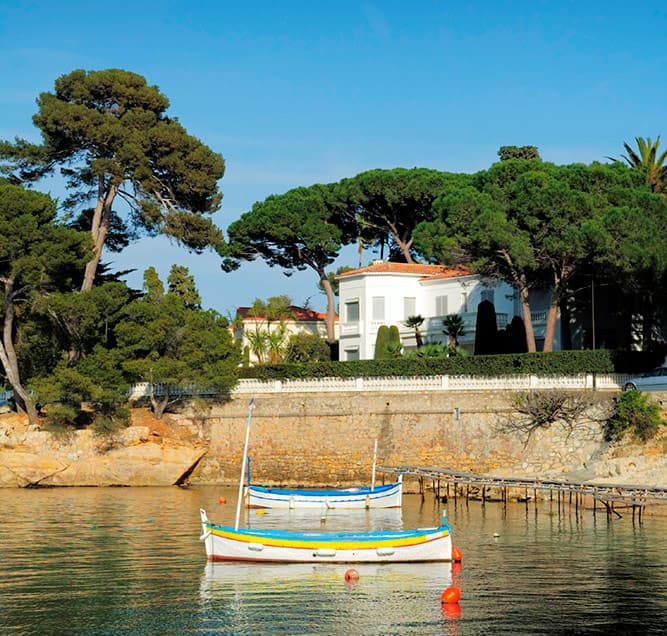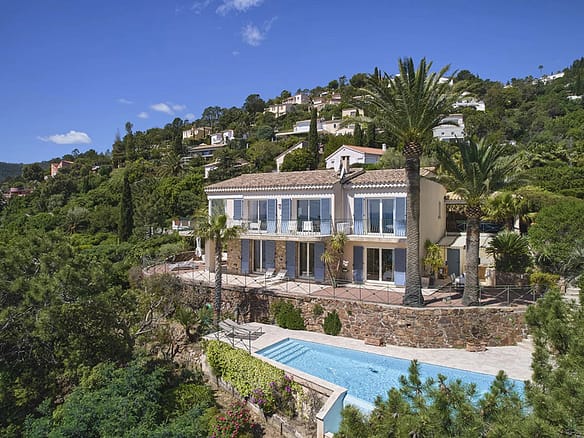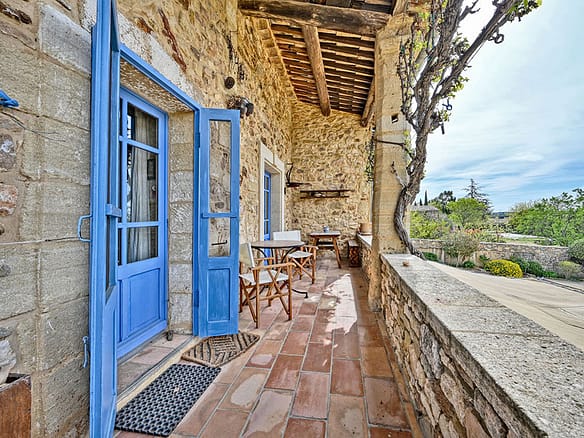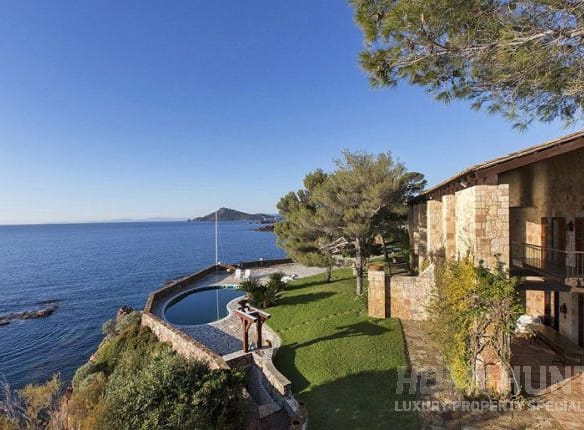There are many advantages to owning French property: immersing yourself in a new language and culture, living in the chateau or Paris apartment of your dreams, indulging in local cuisine on a regular basis. Buying property in France is quite different than buying property in the UK, though. France has different rules for everything from electricity and gas supply to swimming pool safety. Even if you’re familiar with UK real estate and home buying, purchasing French property comes with its own set of regulations and facts to learn.
Table of Contents
1. Power Outlets and Plugs
French power outlets and plugs are different than those in the UK. There are two visible pins on French plugs, unlike the three-pin plugs you’re used to. There are also two types of plugs in France: one has two pins and no fuse or earth wire (the earth is located in the socket); the other has two visible pins and a hidden earth in the plug instead of in the socket. You may still be able to use your own appliances when you move to France, but you’ll have to have the plugs changed to earth-containing French plugs. Also, you’ll want to get the advice of an electrician before you make any changes to your appliances.
2. Electricity
As a UK homeowner, you’re used to the loop electrical pattern that’s used to wire your house. In France, a point-to-point pattern is used instead. French electrical systems have spurs that run from a distribution box and that support a variety of fittings and sockets. However, large appliances like dishwashers and washing machines need their own spurs.
EDF supplies most of the electricity in France. When you purchase French property, you’ll have to decide how much electricity you require. For more rural properties, it’s common to have a three-phase electricity supply – this is comparable to the amount of electricity a UK property with heavy machinery would use. For a normal household in France, though, a single-phase electricity supply is usually fine. Before French property is sold, there will be an electrical diagnostic report that will notify you to any issues that need attention.
3. Gas
In France, the main gas supply is accessible only from big towns and cities. If you’re going to be living in a rural part of France, your gas supply will need to come from a tank or from propane or butane bottles. You can use either an above ground or in-ground tank that you rent for a monthly rate from a supplier. It’s best to get a tank from a supplier because they will also handle service, maintenance and refills. If you opt for bottled gas, you can purchase it at most garden shops, gas stations or supermarkets. It’s important to know how to store gas – butane has to be kept inside, while propane can handle weather extremes and is usually fine when stored in an outdoor shed.
4. Plumbing
French homes usually have an electric water heater with a storage tank that holds the hot water. Unlike in the UK, where major appliances use hot water from the home’s system, dishwashers and washing machines in France use cold water and then individually heat the water. Note that solar energy is growing in popularity in France and you may be able to get a financial incentive if you go green.
5. Sewage
Many towns in rural France don’t have main drainage systems yet. Rural properties come with a septic tank that moves all of the waste water from the house. A modern septic system will need to be emptied every four years or so. If there’s a problem with the septic system that’s brought to light during the diagnostic test, it’s important to have it fixed right away.
6. Swimming Pools
Another consideration you may not be aware of is swimming pool security. This is something that has become a real issue over the past 10 years or so. All swimming pools in France need to have one of the following: fencing with a gate that locks, an alarm that’s triggered should an object fall into the water or if an infra-red beam is broken around the pool, or a pool cover that locks. Even though pool fencing and locks can be bought in the UK, they may not be considered adherent to French regulations.




